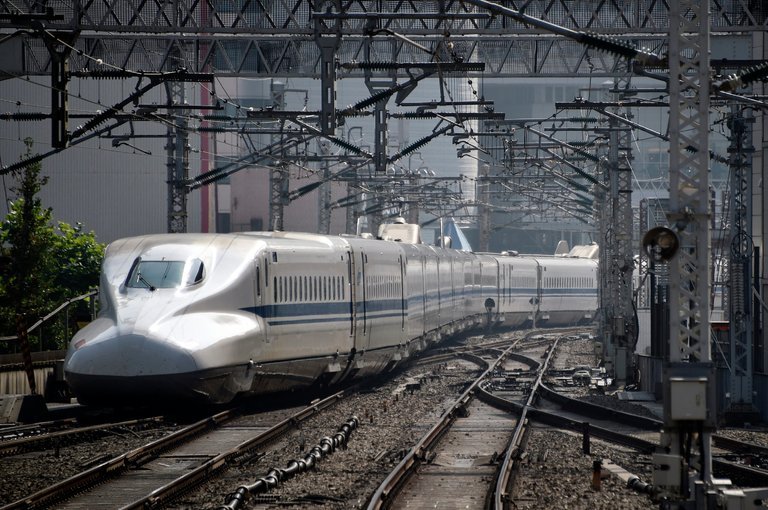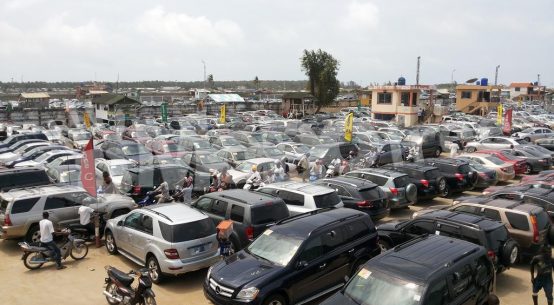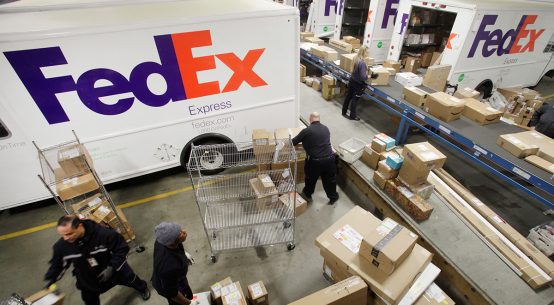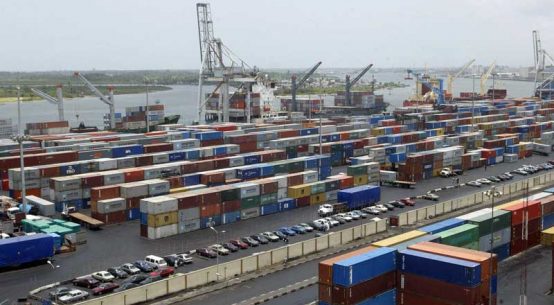
A Shinkansen high-speed train operated by Central Japan Railway in Tokyo, in 2014. Some of its trains contain aluminum parts from Kobe Steel that did not meet industry standards.CreditFranck Robichon/European Pressphoto Agency
TOKYO — The chief executive of Kobe Steel warned on Thursday that more quality data about the company’s products may have been falsified than has previously been disclosed, suggesting that fallout could widen further from a scandal that has already affected hundreds of companies worldwide.
“We are reviewing data, including from overseas. It is possible that there could be more cases of wrongdoing,” the executive, Hiroya Kawasaki, told reporters. He added, “Trust in our company has fallen to zero.”
Mr. Kawasaki said it could take Kobe Steel two weeks to complete a review of its records to determine the full extent of the data falsification and decide whether any of the improperly certified products it shipped to customers presented a safety hazard. Makers of cars, airplanes and trains use metal from Kobe Steel, making such a safety assessment imperative.
In Japan, where Kobe Steel is based, attention focused on the country’s renowned high-speed rail network. Two railways that operate Shinkansen “bullet trains” — Central Japan Railway and West Japan Railway — said their trains contained aluminum parts sourced from Kobe Steel that did not meet industry standards.
Koei Tsuge, president of Central Japan Railway, which is also known as JR Tokai, said that the components were part of metal assemblies that connect wheels to rail cars, and that about 300 were installed on its trains. He added that although the parts fell short of the high design standards his company had requested, they nonetheless met specifications required for safety, and did not pose an accident risk.
Mr. Tsuge said Central Japan Railway would replace the parts when the affected trains underwent regular inspections, something that happens roughly once a year. The company does not plan to take the affected trains out of service.
Kobe Steel said on Sunday that employees had altered inspection certificates on aluminum and copper products to make it look as if they met manufacturing specifications required by customers, when in fact they did not. It said that about 4 percent of the company’s output of those products from September 2016 to August this year had been affected, but that it was examining other possible episodes of data falsification going back 10 years.
On Wednesday, Kobe Steel added two more products to the list of affected materials: powdered steel, which is used to create molded steel products like gears, and “target material,” a specialty mix of several kinds of metal used in the production of DVDs, television screens and other electronic equipment.
Kobe Steel’s admission has reverberated through supply chains and cast a shadow over Japan’s reputation for precision manufacturing. Kobe Steel said initially that it had shipped falsely certified aluminum and copper products to about 200 companies. Its customers include Toyota Motor, General Motors and Ford, as well as aircraft manufacturers like Boeing and Mitsubishi Heavy Industries.
Kobe Steel was founded in 1905 and has been a pillar of Japan’s manufacturing sector. Such are its establishment bona fides that Shinzo Abe, the Prime Minister and scion of a political dynasty, worked at the company from 1979 to 1982 before entering politics.
Mr. Kawasaki, the Kobe Steel president, spoke on Thursday after a meeting with officials from the Japanese Ministry of Economy, Trade and Industry, which regulates steel makers. In front of a throng of reporters, Mr. Kawasaki bowed to the officials and apologized for “creating feelings of distrust and worry for many people.”
Kobe Steel’s share price stabilized on Thursday after plunging by more than a third over the previous two days. The shares ended up by about half a percent in trading on the Tokyo Stock Exchange on Thursday.








